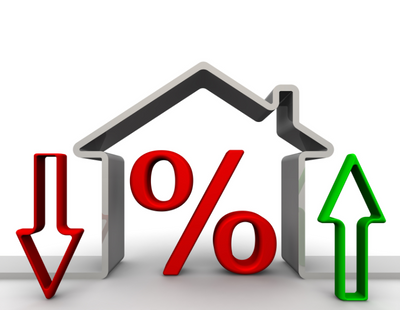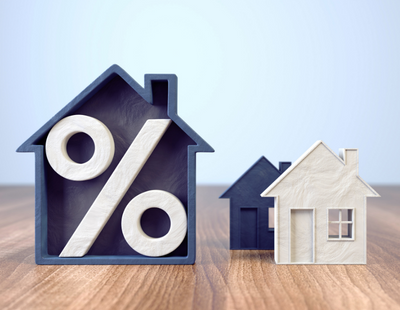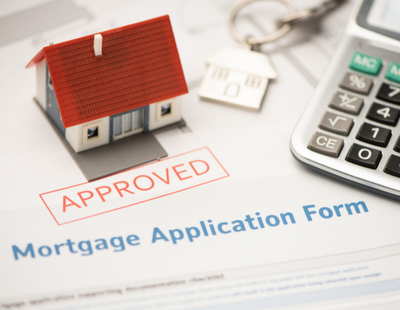
A mortgage expert has expressed concern about the level of borrowers still taking out high loan-to-value government-backed home loans despite falling prices raising the risk of negative equity.
It comes as the government’s latest Mortgage Guarantee Scheme data shows there were 626 completions in January this year, 549 in February and 763 in March, with 37,376 in total since the initiative launched in April 2021.
Under the scheme, the Government offers lenders the option to purchase a guarantee on mortgage loans where the borrower has a deposit of less than 10% for a purchase worth up to £600,000.
The completions make up 0.9% of residential mortgages.
This scheme is closing at the end of this year.
Meanwhile, 3,202 borroewers made use of the now closed Help to Buy Equity Loan scheme between January and March 2023, down 41% annually.
This lets borrowers purchase a new-build property with deposits of as little as 5%, plus the equity loan has to be paid back after five years.
Karen Noye, mortgage expert at wealth manager Quilter, expressed concern at these figures.
She said: “With the housing market showing signs of an impending slowdown, with some predictions showing a potential 10% drop is on the cards, there could be severe repercussions for those who have utilised the scheme.
“Negative equity in simple terms is when the outstanding balance of a mortgage is higher than the current market value of the property. In this scenario, if the householder decided to sell their property, the proceeds would not be sufficient to repay the outstanding mortgage. This is a real possibility for those who have taken high LTV mortgages such as 95% mortgages especially if house prices drop as predicted.
“The potential fallout of negative equity can be quite significant. For homeowners, it can mean being trapped in a property, unable to move or remortgage until the housing market recovers. This can be particularly challenging for those needing to relocate for work or family reasons.”
She added that negative equity may restrict access to the best mortgage deals when homeowners come to remortgage, as these typically require some level of home equity.
Noye said: “Should a homeowner with negative equity fall into financial difficulty and be unable to keep up with their mortgage payments, selling their home will not cover the full debt, potentially leaving them still owing money to their lender even after the property sale.
“While the scheme has undoubtedly provided a lifeline to many buyers, it is important for potential new applicants to consider the risks as well as the benefits at this moment in time. As the winds of the housing market change, it's essential to make informed decisions to weather any potential storm.”




























Join the conversation
Be the first to comment (please use the comment box below)
Please login to comment